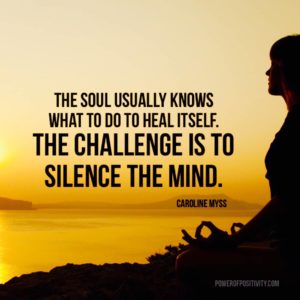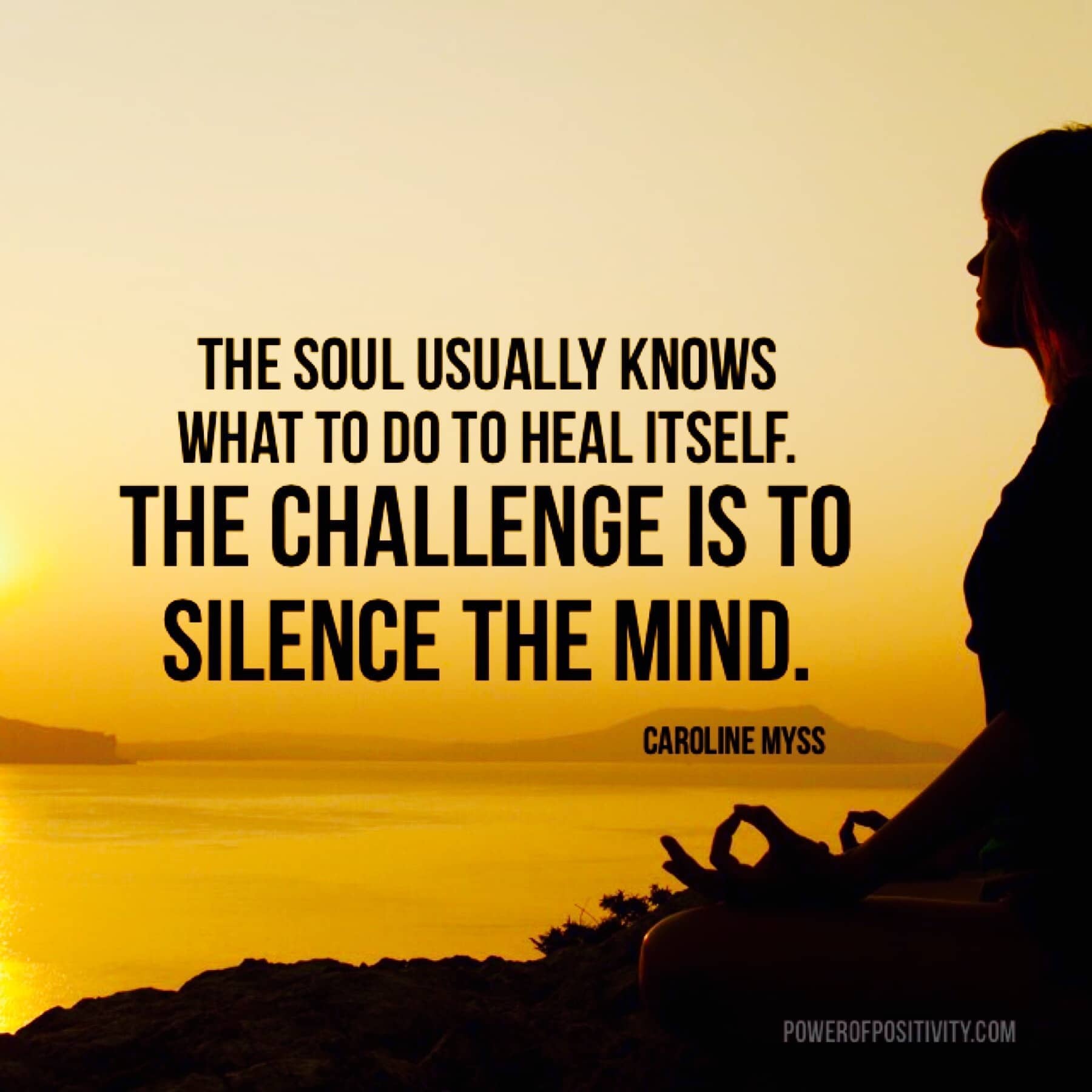Meditate On This

Mediation and mindfulness are buzz words today discussed across surfers, yogis, moms, and business executives. Meditate On This can open your mind up to the possibilities of practicing this ancient discipline. When I was about 20 years of age, I can remember my father saying something like this, “Steven, you better get moving, the world isn’t going to sit around and wait for you to be ready. You need to move fast and chase after your dreams before its too late.” I remember rolling my eyes, ho-humming and saying, “yeah, yeah. I get it.” But I know I really didn’t understand what my father was trying to tell me. We’ve all been there. What did our parents know? We had all the answers at 22 years old.
Reluctantly, I took my dad’s advice because after I graduated from the University of Maryland I really didn’t have any other choice. I had to support myself and begin to build a career. It wasn’t easy. I had many setbacks, shortcomings, and obstacles to get over. There were times when I moved slow, there were other times I moved fast, and there were other times I didn’t move at all.
Thinking back on the experiences I had the lessons I learned from both my failures and successes, I know my father was trying to prepare me for the ever-changing world that moved fast. The reason why I am telling you the story is that just like 21 years ago our world today is moving at even faster pace. Technology is forcing us to work at a feverish pace, leaving us more susceptible to stress and fatigue.
I don’t know about you, but I often feel like there is just not enough time in the day to get everything done. It’s almost 9 pm on a Saturday evening as I write this blog to stay on schedule. Stress and fatigue make us unhappy, impatient and frustrated. Which in turn affects our health and fitness. We are often so busy we feel there is no time to exercise and spend time with loved ones. So what do we do when the demands of life keep forcing us to work harder, longer and faster?
I know part of this answer lies in the practice of Meditating. Meditation can take on a variety of forms. Meditating does not always look like the traditional approach of sitting, chanting and using a mantra. Mediation can take on a variety of forms. Back in high school, I recall jamming out to music driving around “the loop” the 4-mile circle in my hometown of Clark, NJ on the morning of a football game. Reflecting on this, it was without knowing, my first practice of meditation. This 5 minutes drive helped to get my mind in the right place, to focus, and to stay calm. It must have worked because I was voted captain and earned All-Conference honors my senior year.
Regardless of what kind of meditation you practice, meditation should be a part of your everyday life. If our minds are peaceful, we will be more prepared to find balance and fulfillment.
Mindfulness Meditation
Origin & Meaning
Mindfulness Meditation is an adaptation of traditional Buddhist meditation practices. Mindfulness meditation is the practice of intentionally focusing on the present moment, accepting and non-judgmentally paying attention to the sensations, thoughts, and emotions that arise.
How To Meditate
Formally, meditation is done sitting on a cushion on the floor or on a chair, with a straight and unsupported back (support back if you have lower back-pain). You can practice Mindfulness Meditation while walking, eating or doing just about anything. Focus your attention on the movement, sensation or sound of your breath. When you breathe in, be aware that you are breathing in, and how it feels. Then hold your breath and notice how this feels. Finally, when you breathe out, be aware you are breathing out. I like to do 4 seconds of breathing in, 4 seconds of holding, 4 seconds of breathing out (4-4-4). Practice this for the entire length of your meditation practice for typically 5-15 minutes or longer. Consistently redirect your attention to the breath if thoughts, sensations, and feelings start to arise.
The effort is to not intentionally add anything to our present moment experience but to be aware of what is going on, without losing ourselves in anything that arises.
It is very natural for your mind to get distracted by sounds, sensations, and thoughts. Whenever this happens, gently recognize that you have been distracted and bring the attention back to the breathing, or to the objective noticing of that thought or sensation. There is a big difference between having the noises distract us and simply being aware of their presence.
When you finish your meditation practice, I recommend you appreciate how different the body and mind feel. Write your feelings down or jot them on your phone, dwell on them for a period of time so you can remember how good you feel. There’s no end, no goal or competition while meditating. There’s only joy and peace in the journey!
One of my favorite lessons shared in one of my favorite books
The Four Agreements by Don Miguel Ruiz:
There was a man who wanted to transcend his suffering so he went to a Buddhist temple to find a Master to help him. He went to the Master and asked, “Master, if I meditate four hours a day, how long will it take me to transcend?”
The Master looked at him and said, “If you meditate four hours a day, perhaps you will transcend in 10 years.”
Thinking he could do better, the man then said, “Oh, Master, what if I meditated eight hours a day, how long will it take me to transcend?”
The Master looked at him and said, “If you meditate eight hours a day, perhaps you will transcend in twenty years.”
“But why will it take me longer if I meditate more?’ the man asked.
The Master replied, “you are not here to sacrifice your joy or your life. You are here to live, to be happy, and to love. If you can do your best in two hours of meditation, but you spend eight hours instead, you will only grow tired, miss the point, and you won’t enjoy your life. Do you best, and perhaps you will learn that no matter how long meditate, you can live, love and be happy.”
Namaste,
Steve Jordan



